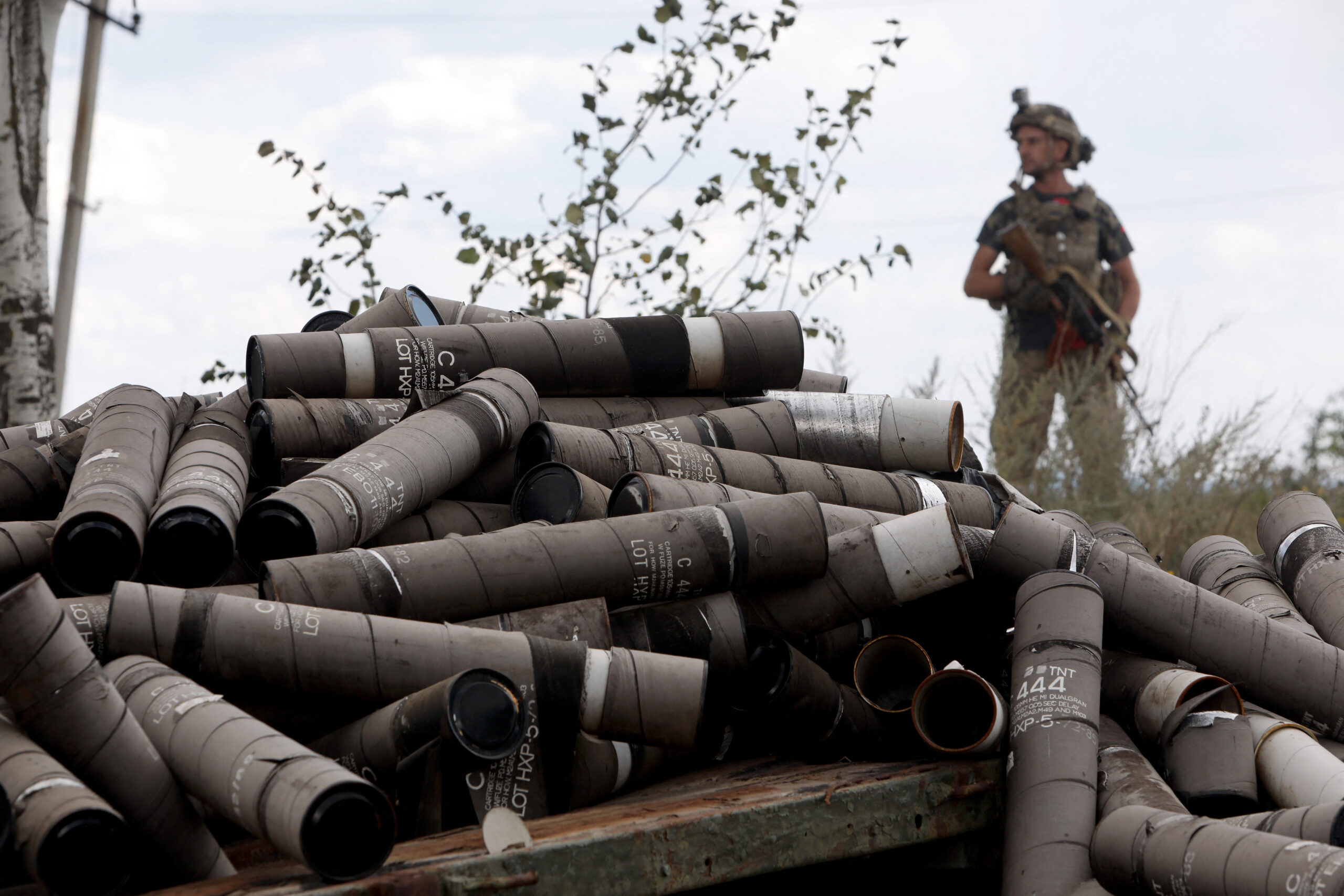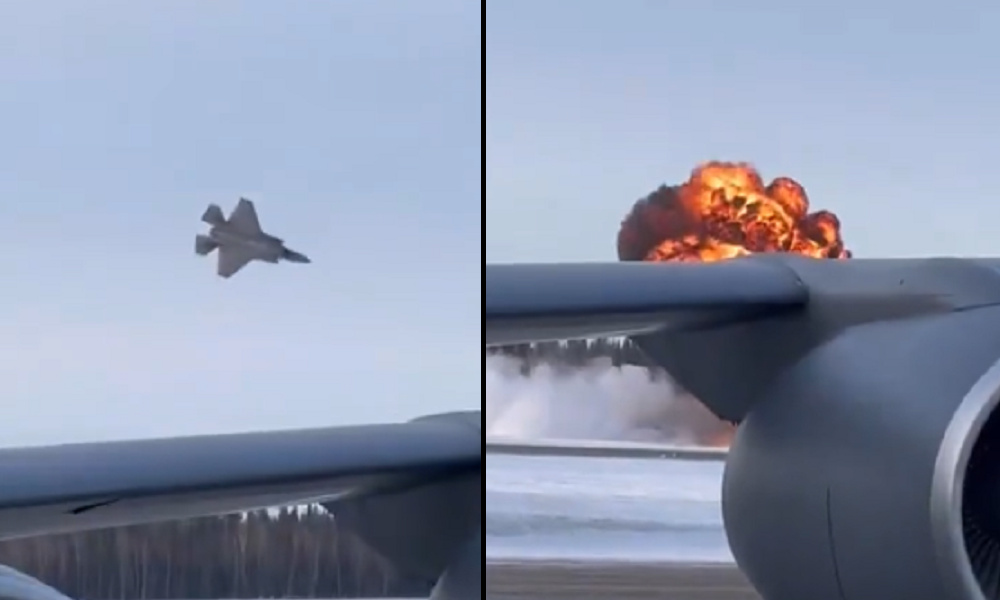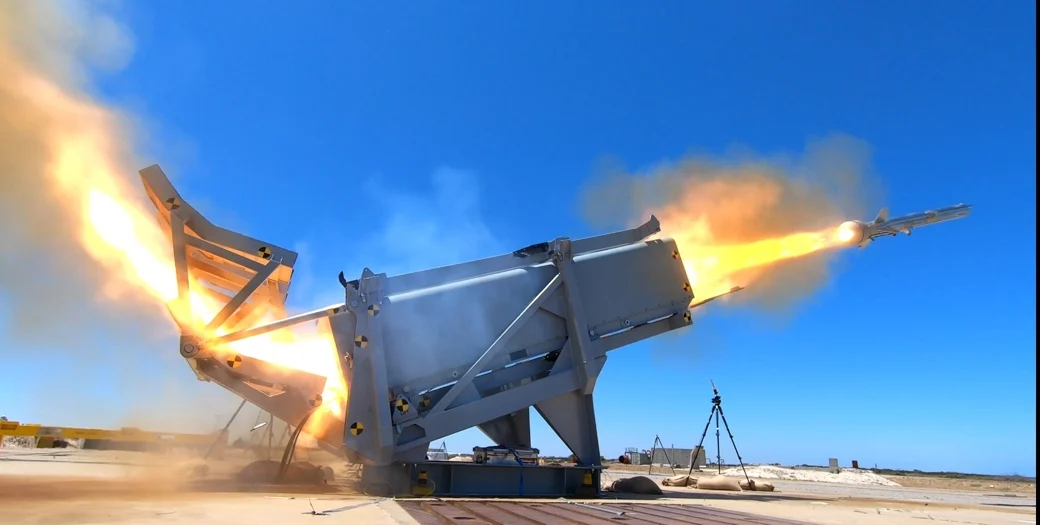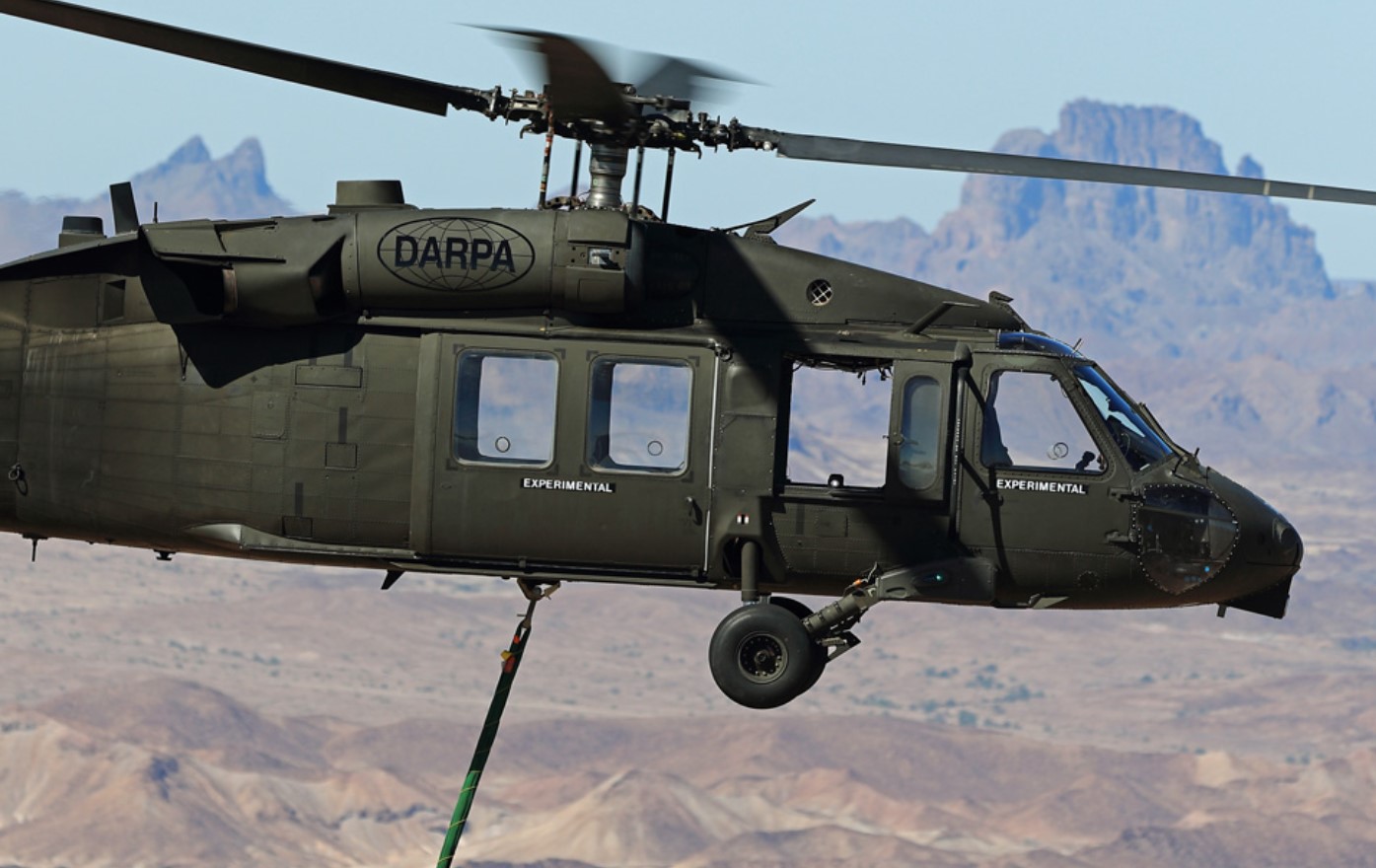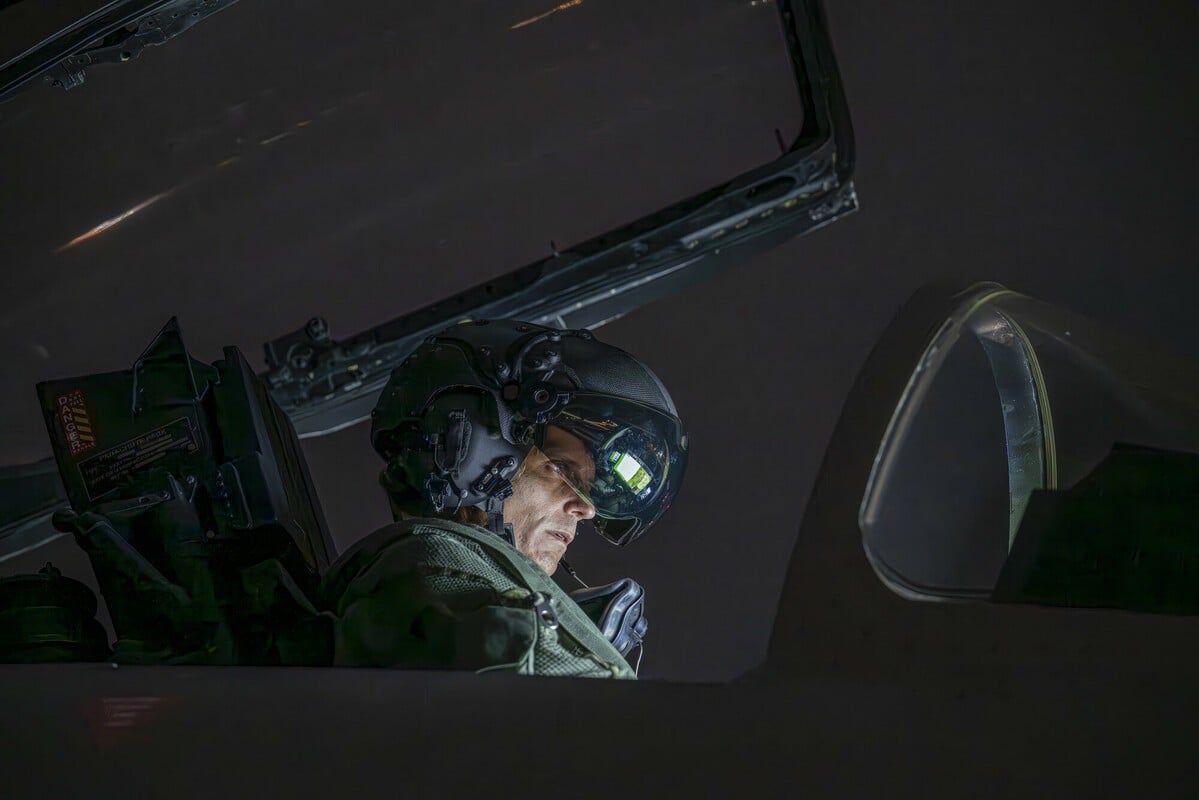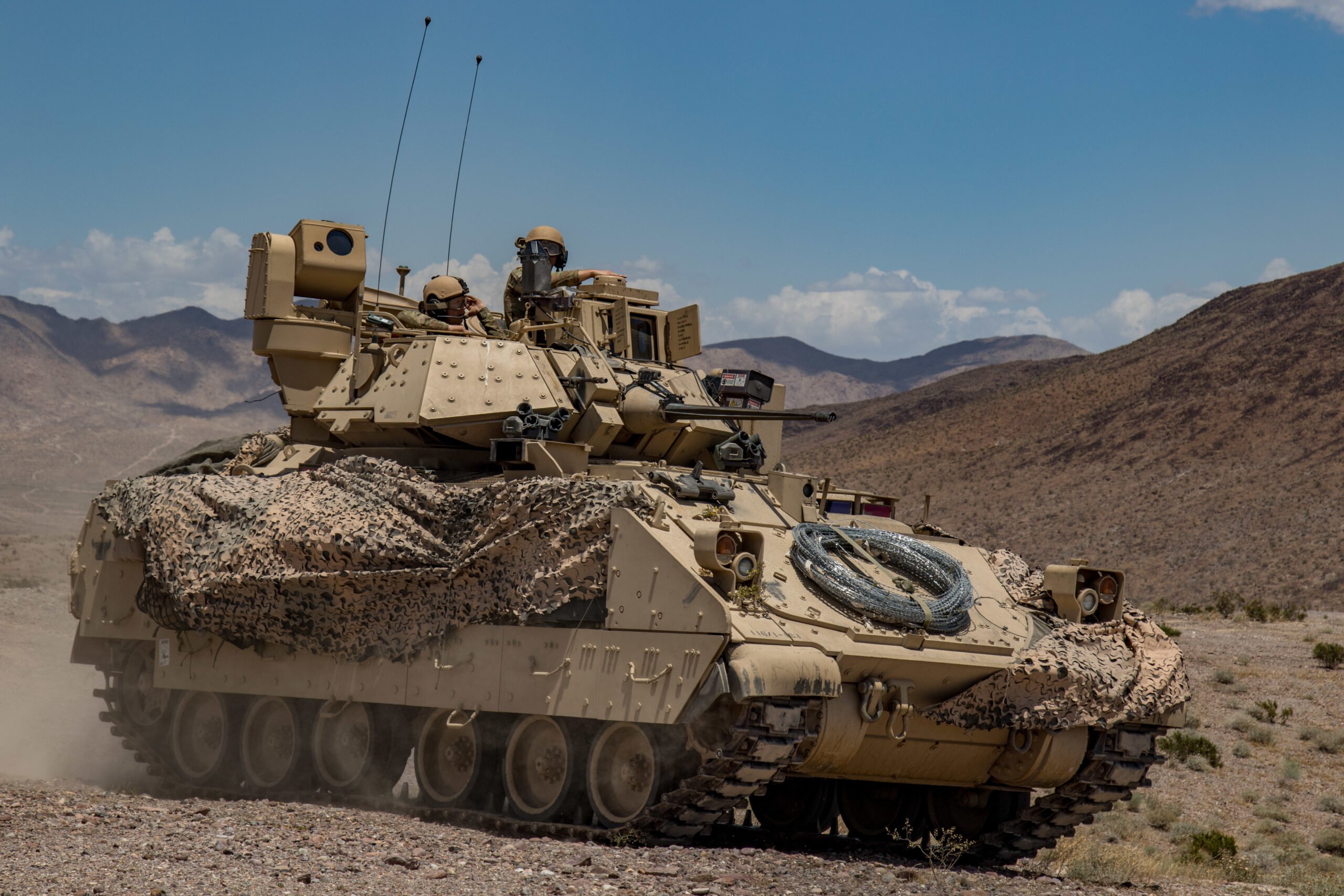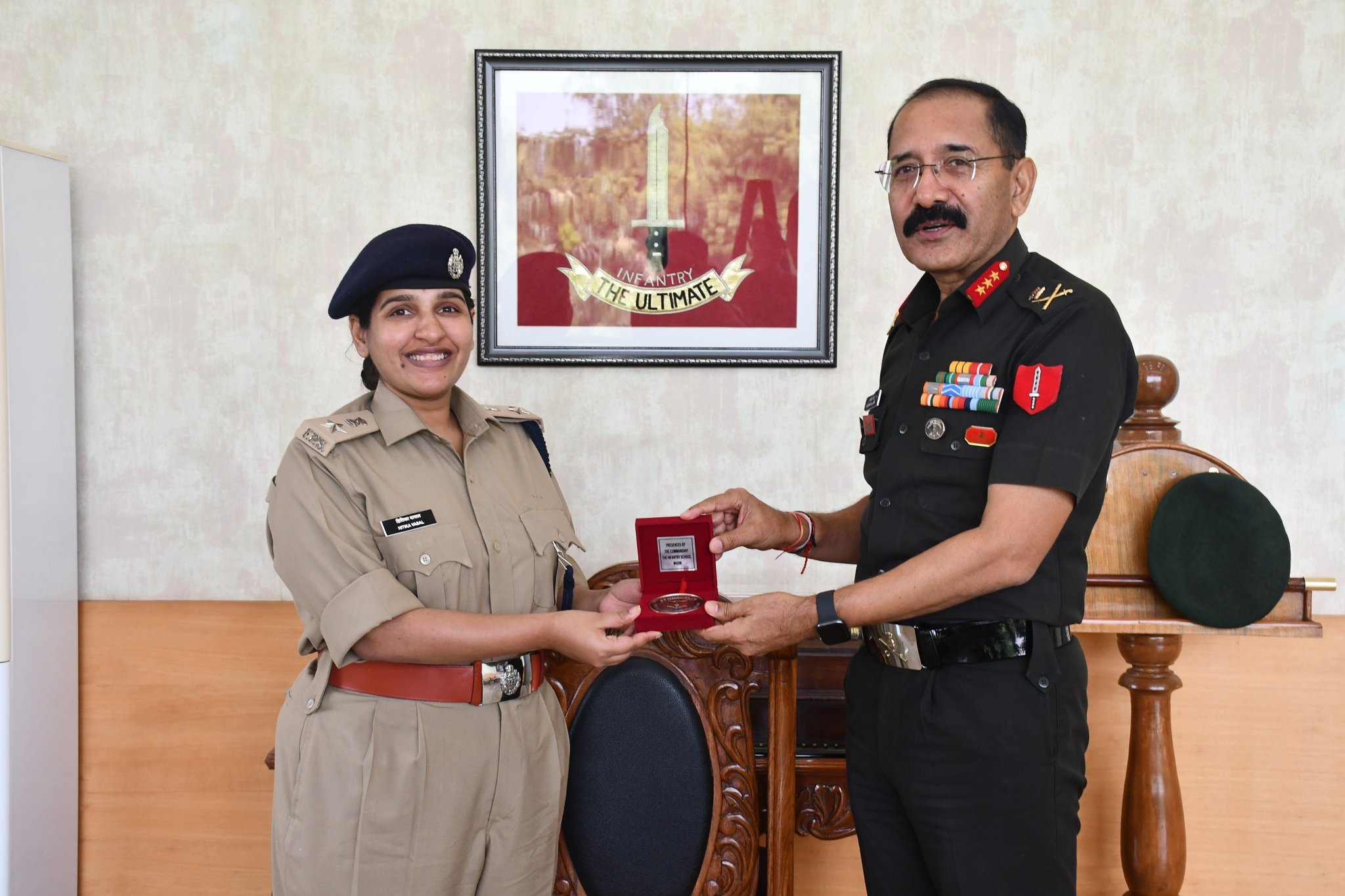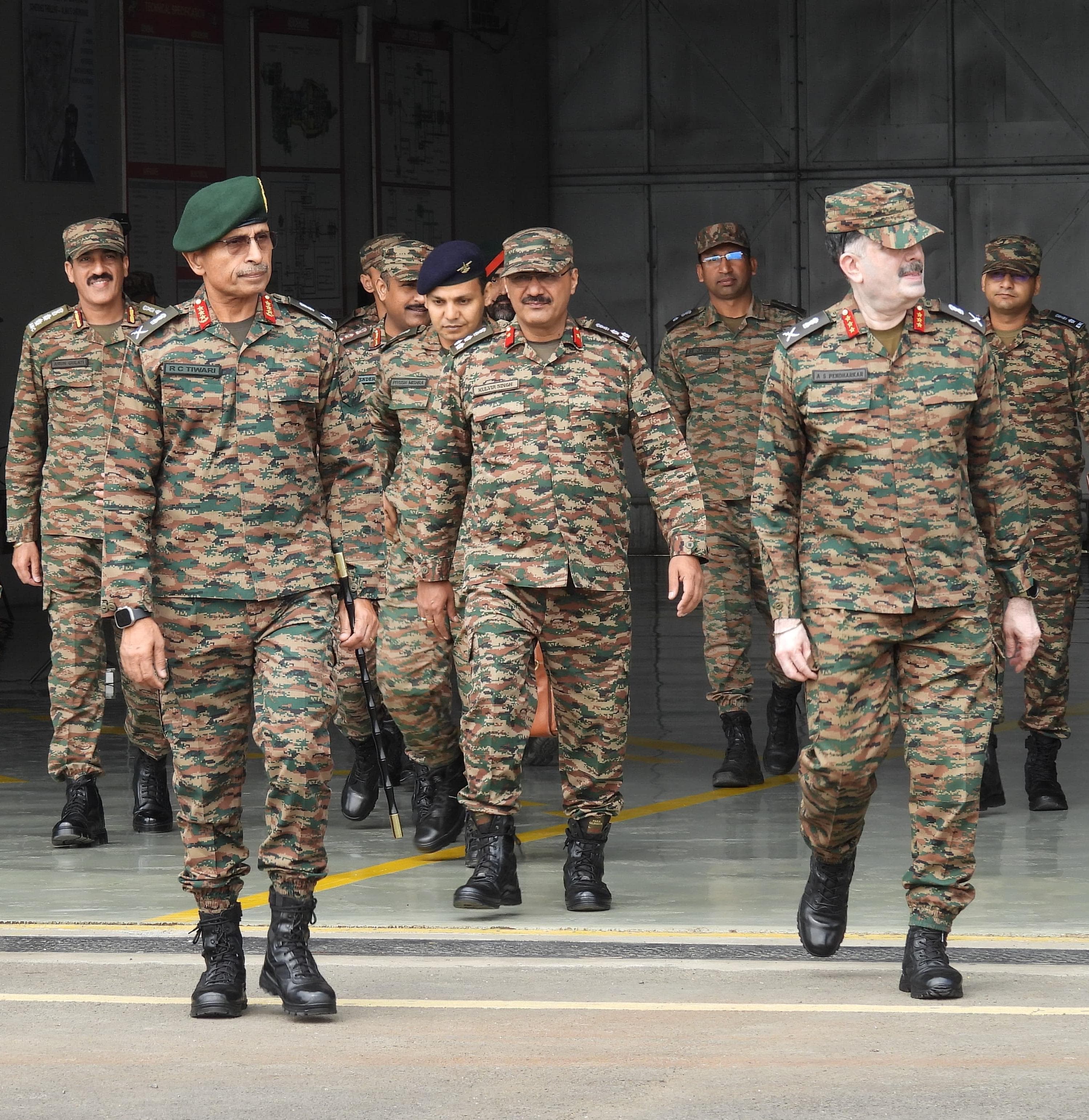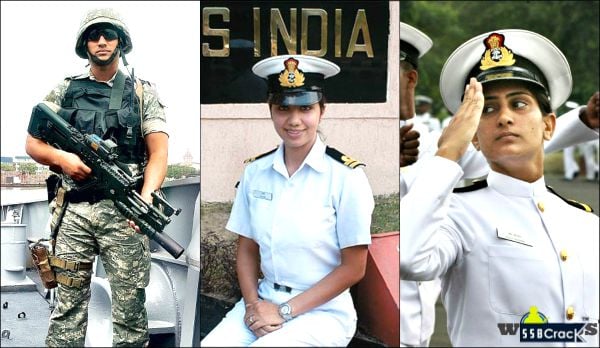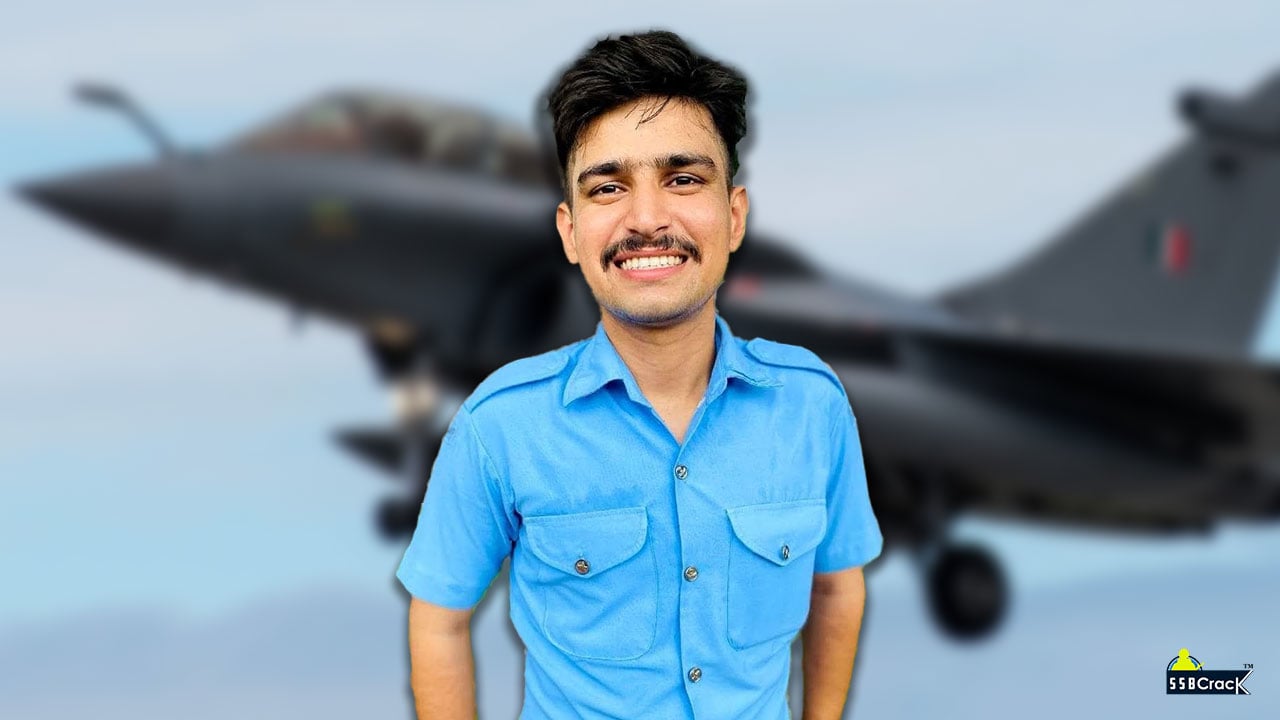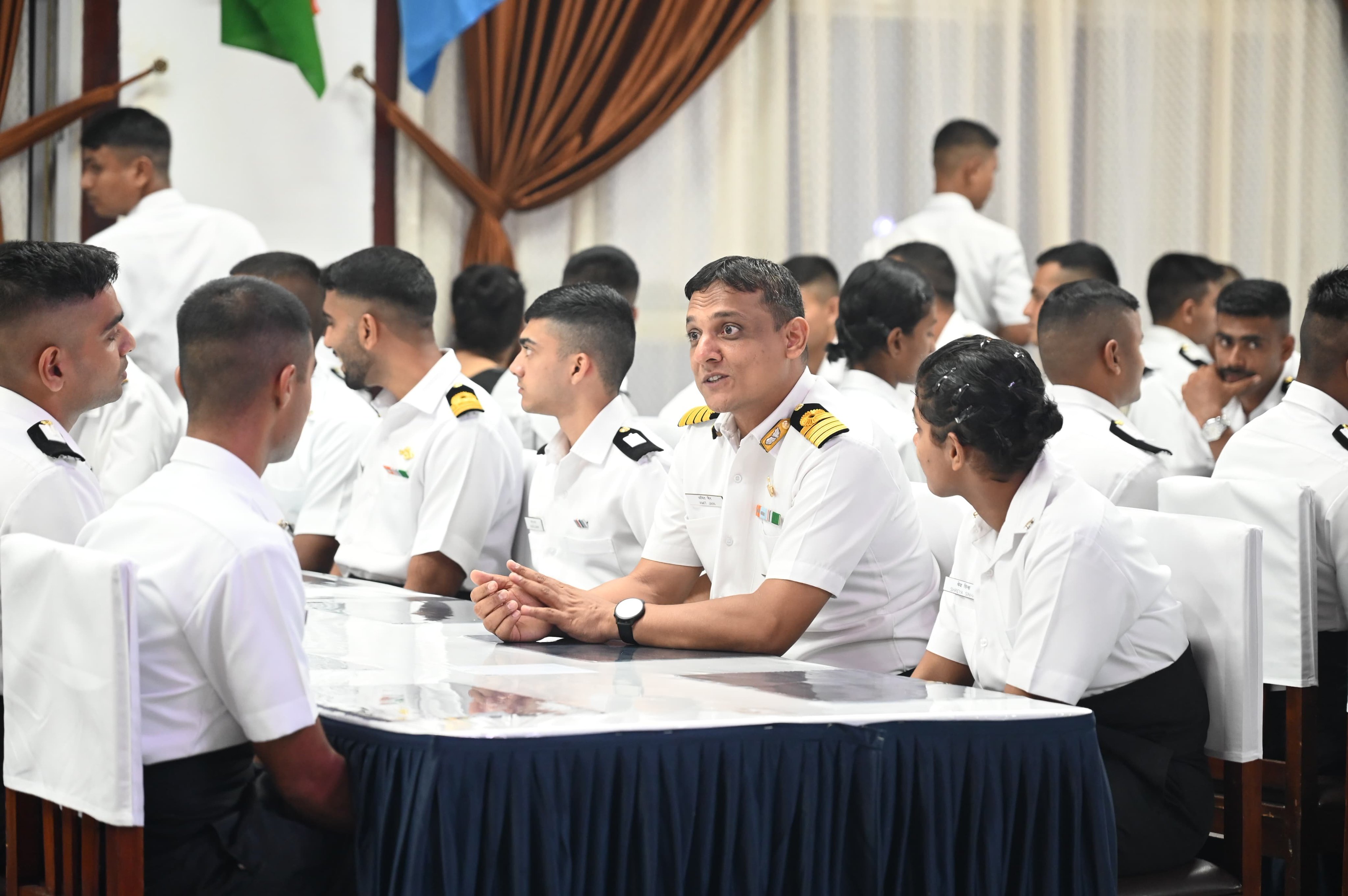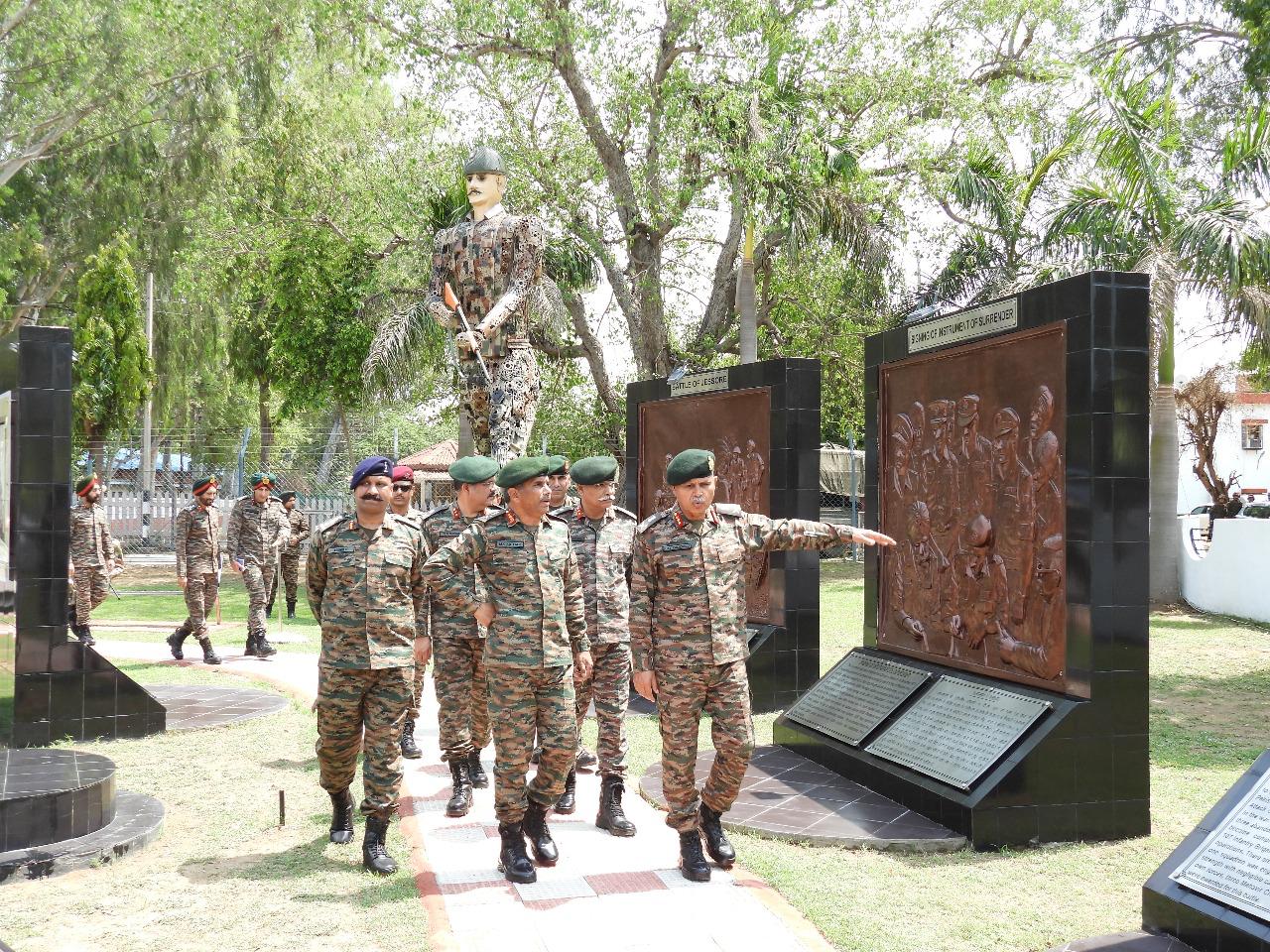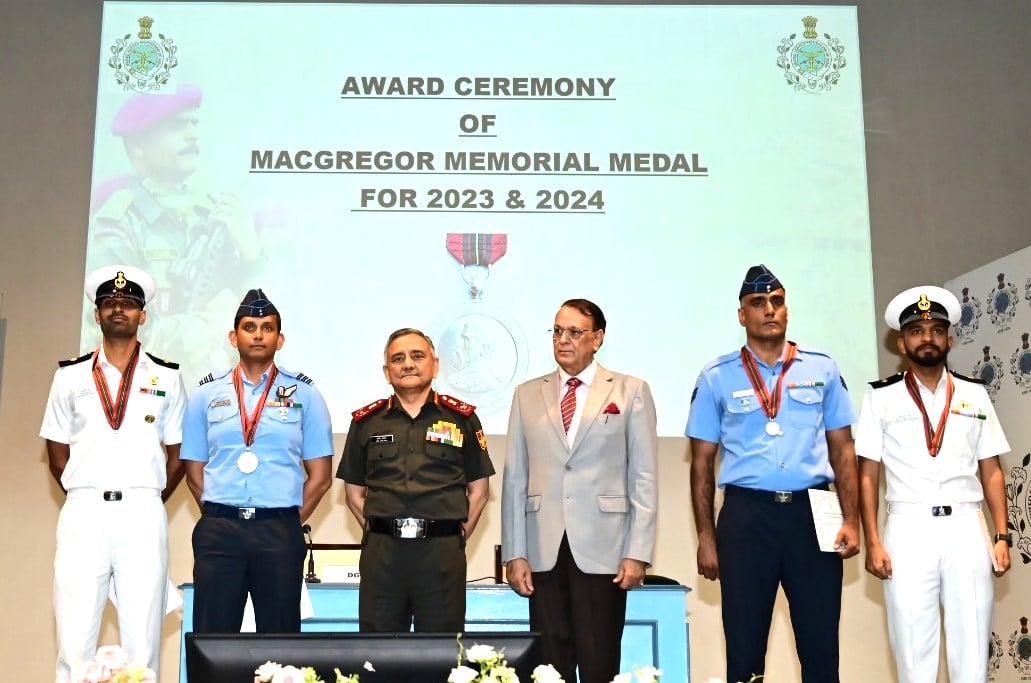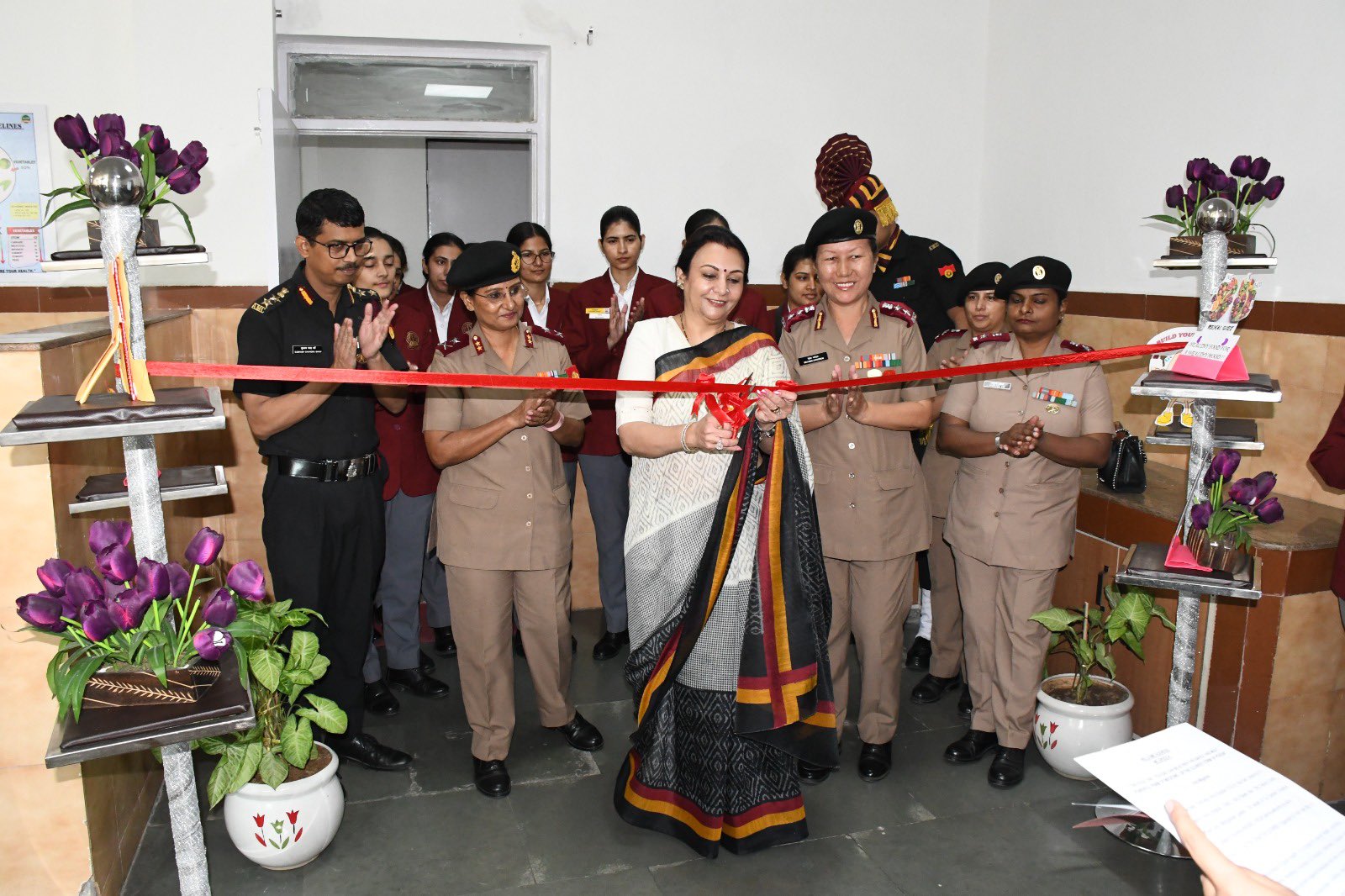A recent survey indicates a strong reluctance among the South Korean populace regarding the transfer of weapons and military equipment to Ukraine, despite growing concerns surrounding North Korea’s involvement in the ongoing conflict. The poll, conducted in October by the Seoul-based research firm Gallup Korea, reveals that approximately 82 percent of respondents oppose any form of direct military support to Ukraine, including the provision of lethal arms aimed at countering Russian aggression.
This overwhelming opposition persists even as many South Koreans perceive the strengthening military cooperation between North Korea and Russia as a grave threat to regional security. The sentiment against military support was notably vocalized earlier this week when protesters gathered outside the office of President Yoon Suk Yeol, coinciding with the visit of a Ukrainian delegation seeking arms assistance. The protestors carried banners proclaiming, “No to the South Korean government planning arms supply to Ukraine,” clearly signaling public disapproval of such measures.
Analyst Yang Uk from the Asan Institute for Policy Studies offered insight into this public sentiment, suggesting that the lack of support for arms transfers to Ukraine stems from a general insensitivity to the war’s implications. He posited that South Koreans may be more focused on the potential drawbacks of directly supporting Ukraine rather than the urgency of the conflict itself. Yang also noted that the South Korean government might find limited benefits in pursuing military support under current conditions, especially if domestic opinion remains staunchly against it, coupled with concerns over the implications for future relations with the United States.
In the backdrop of these developments, Seoul has been mulling over the idea of supplying lethal weapons to Ukraine, particularly given reports regarding North Korean troops aiding Russian forces on the battlefield. Reports also suggest that North Korea has been supplying Russia with various munitions, including ballistic missiles and rocket systems, in a move perceived as an effort to counter Western assistance to Ukraine.
Amid these tensions, Russian Deputy Foreign Minister Andrey Rudenko issued a cautionary warning to South Korea regarding any potential military aid to Ukraine. He urged Seoul to “soberly assess” the situation and refrain from “reckless” actions, emphasizing that any deployment of South Korean weapons leading to the deaths of Russian citizens would irreparably damage relations between the two countries. Rudenko stressed the importance of South Korea aligning its actions with long-term national interests rather than responding to short-term opportunistic impulses from outside influences.

